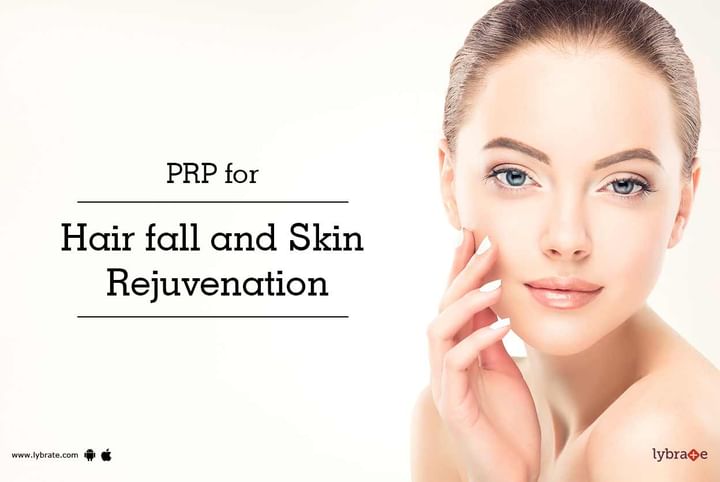PRP for Hair Fall and Skin Rejuvenation
PRP is a latest, state-of-the-art technology that employs non-surgical methods to stimulate hair growth in case of hair loss.Advancements in research have enabled scientists to make new inroads in the field of wound and tissue healing. The result of these researches is PRP, which is a natural way to rejuvenate your scalp, skin and stimulate your hair growth.
How PRP works?
The presence of mesenchymal stem cells and autologous blood products in human blood contain specific growth factors that assist in tissue regeneration and healing. PRP has been used to heal skin and wounds for over two decades now. Apart from this it finds use in oral surgery, cosmetic surgery and neurosurgery as well. It is also the promising treatment to promote hair growth.
Benefits:
- It is a progressive healing treatment that doesn't require surgery
- Simple, rapid and highly effective system
- Autologous (from patient's own blood)
- The system is biocompatible and xeno-free, so there shouldn't be any safety concerns
- Increase in the concentration of platelets can be observed
- It helps in the elimination of undesired erythrocytes, which significantly decrease the fibroblast proliferation
- Contains growth factors that help in the stimulation of growth of the hair follicles
- Can be performed preoperatively, intraoperatively, or post operatively
The Science of PRP
There are special cells called platelets used in PRP, that have been theoretically proved to stimulate hair follicles growth by stimulating stem cells and other important cells in the ecosystem of the follicles. They are instrumental in promoting the healing ability and regeneration of cells, formation of new cells and response to injury. PRP stimulates inactive or newly implanted hair follicles, and makes them active by inducing them into a growth phase.
Platelets are known to contain various structures, which are crucial for blood clotting and cell regeneration, and are released during the repair process by the body. Some of these structures are: glycogen, alpha granules and lysosomes.
Who should not have PRP treatment?
Those with heavy drug and smoking issue should avoid PRP. Also those who drink a lot of alcohol should avoid PRP. Those suffering from platelets related ailments, sepsis, chronic liver disease, thrombocytopenia, hyperfibrinogenemia, systemic disorders and cancer should also stay away from PRP.
Conclusion
At length, PRP is a boon for all those who aren't fans of surgery or the ones who prefer a more aggressive but non-surgical approach for treatment to their ailments. The results might vary from patient to patient, but it is certainly one of the most promising technologies to stimulate hair growth and rejuvenate your skin, and the results are quite convincing. So decide wisely!



+1.svg)
